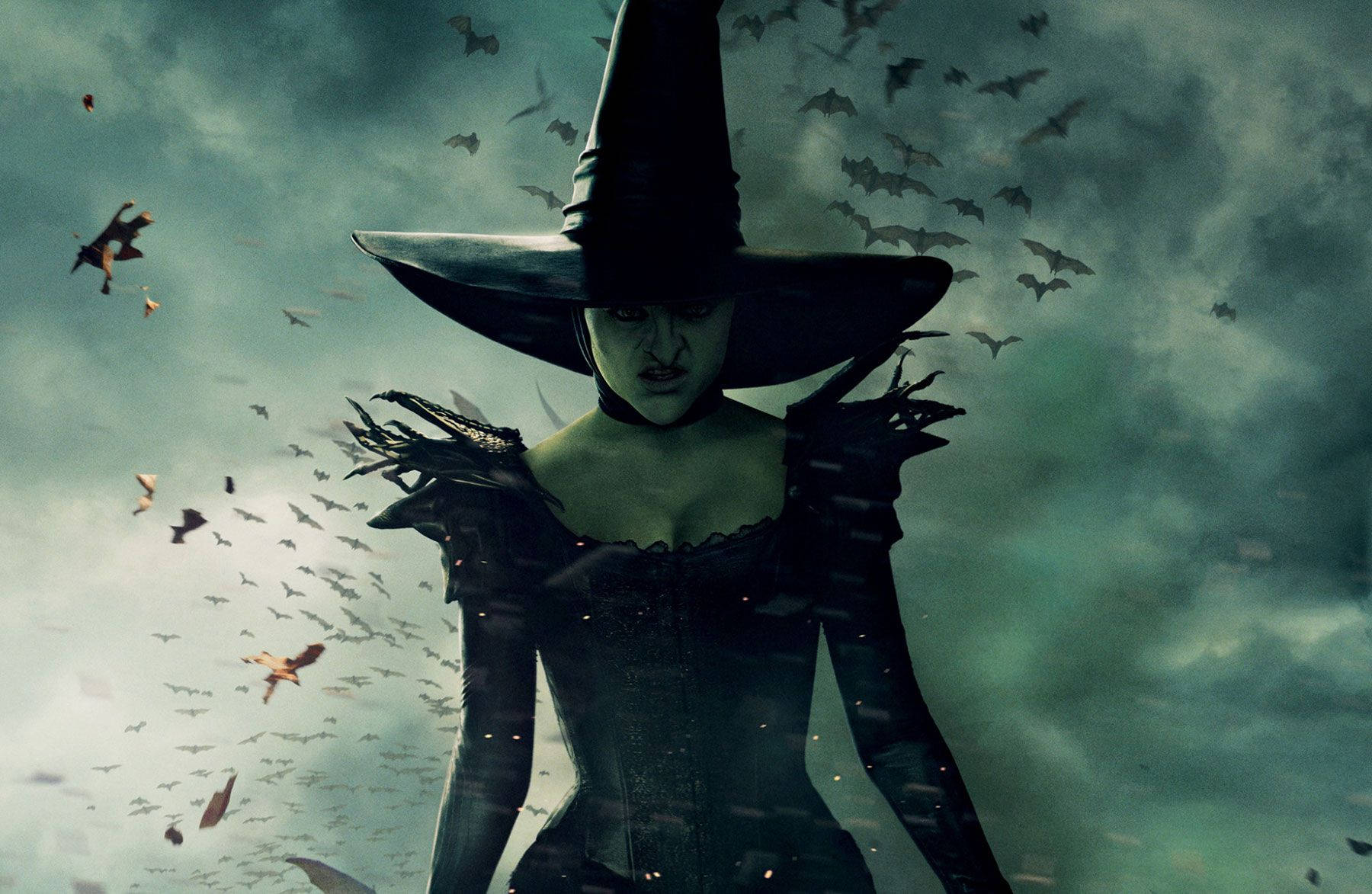
FAQ About Magic in the Middle Ages
Magic in the Middle Ages
2 years ago | gizem
How did the spread of Christianity affect pre-existing magical beliefs?
The spread of Christianity had a profound impact on pre-existing magical beliefs and practices in the regions where it gained prominence. As Christianity became the dominant religious and cultural force in Europe and beyond, it significantly influenced and often sought to suppress various indigenous magical traditions. Here are some ways in which the spread of Christianity affected pre-existing magical beliefs:
- Demonization of Indigenous Deities: Many pre-Christian societies believed in a pantheon of deities and spirits. With the spread of Christianity, these indigenous gods and spirits were often demonized and depicted as evil entities or demons. Practices associated with these deities were labeled as pagan and condemned by the Church.
- Syncretism: In some cases, the early Christian missionaries attempted to syncretize local beliefs and practices with Christian teachings to facilitate conversion. As a result, some elements of indigenous magical beliefs were incorporated into Christian rituals and practices, creating a blending of traditions.
- Christianization of Sacred Sites: Pagan sacred sites and places of worship were often repurposed and Christianized. Pagan temples were converted into Christian churches, and local sacred sites were associated with Christian saints or biblical events to facilitate the transition to Christianity.
- Suppression of Magical Practices: The Church actively sought to suppress and eliminate magical practices it deemed contrary to Christian teachings. Practices such as divination, spellcasting, and herbalism were often condemned as witchcraft or heresy.
- Persecution of Magicians and Witches: With the rise of Christianity, individuals suspected of practicing magic were often persecuted. The Church viewed magic as an affront to its religious authority and as an attempt to gain supernatural powers outside the realm of divine grace.
- Canon Law Against Magic: The Christian Church established canon law to condemn and forbid various magical practices. Canon law classified magical activities, such as divination and sorcery, as sins and prohibited clerics from engaging in them.
- Transformation of Festivals: Pagan festivals and celebrations were sometimes replaced by Christian feast days or holidays to redirect the focus from pagan deities to Christian saints and events.
- Shift in Cosmology and Worldview: The spread of Christianity brought with it a new cosmology and worldview, centered around the teachings of the Bible. This shift in belief systems led to the rejection of traditional magical practices associated with polytheism and animism.
